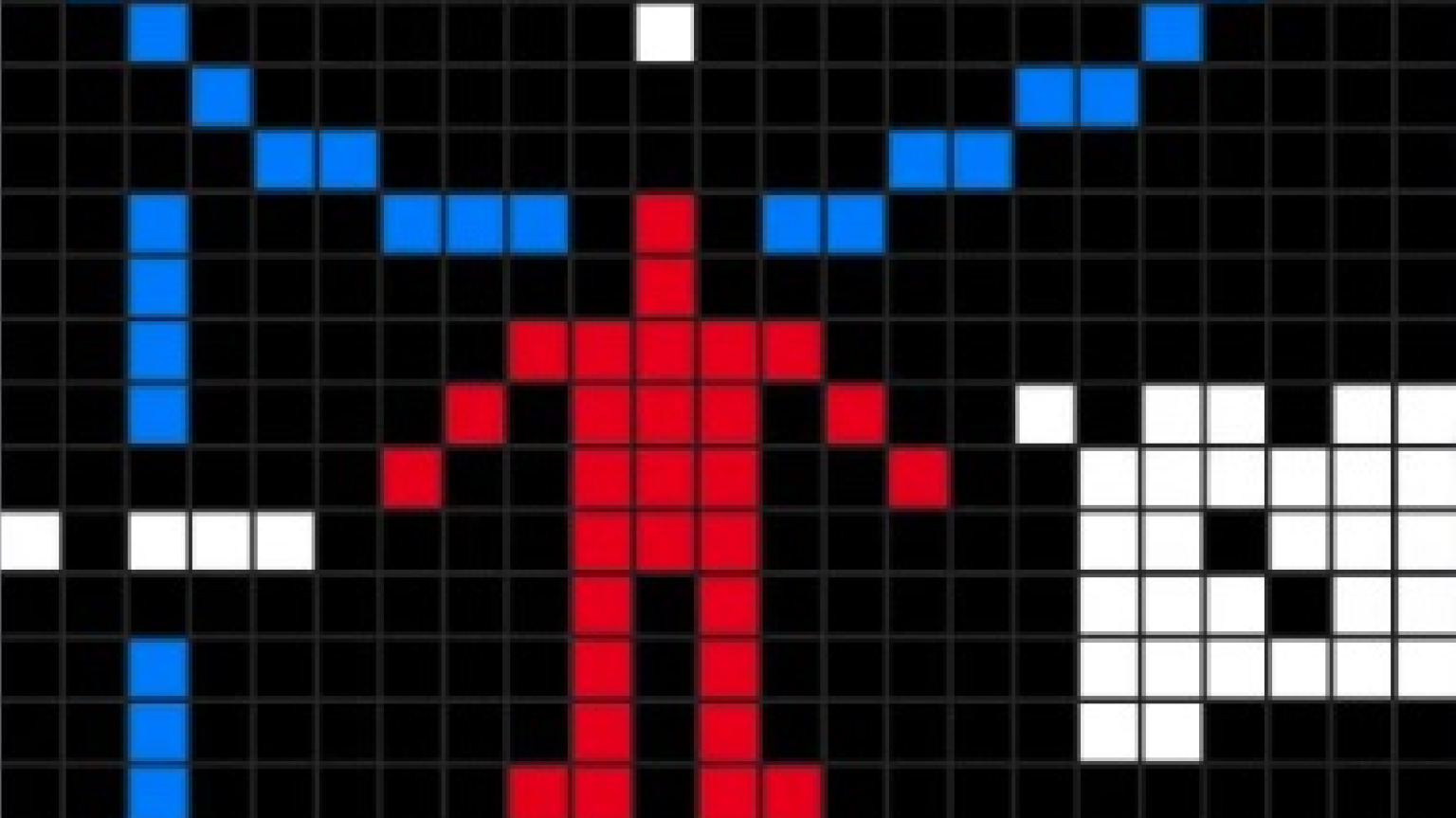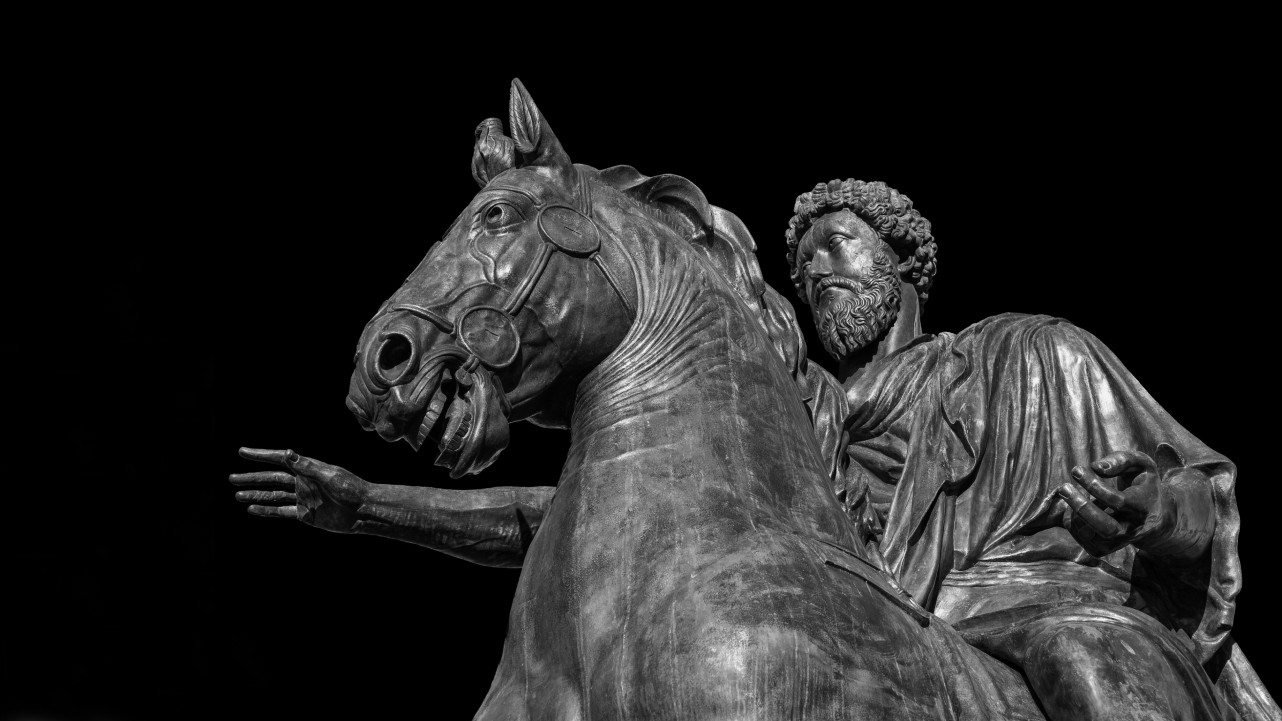Tunisia’s Twitter Revolution
The fall of the Tunisian president Ben Ali played out for all the world on Twitter, some dubbing it a “Twitter Revolution” like the election protests in Iran and Moldovia.
Sign up for the Smarter Faster newsletter
A weekly newsletter featuring the biggest ideas from the smartest people
The fall of the Tunisian president played out for all the world on Twitter, some dubbing it a “Twitter Revolution” like the election protests in Iran and Moldovia. Increasingly, collective events from TV shows to the World Cup to #lessambitiousmovies to the fall of dictatorships cause spikes in related conversation on the microblogging network which, with its broad media influencer adoption, has become the world’s eminent news amplifier. While the jury is still out on just how much tweets can influence something as monumental as the fall of a government, it is worth noting that the critical mass of Tunisia related activity on Twitter happened after Ben Ali fled.
Sign up for the Smarter Faster newsletter
A weekly newsletter featuring the biggest ideas from the smartest people




